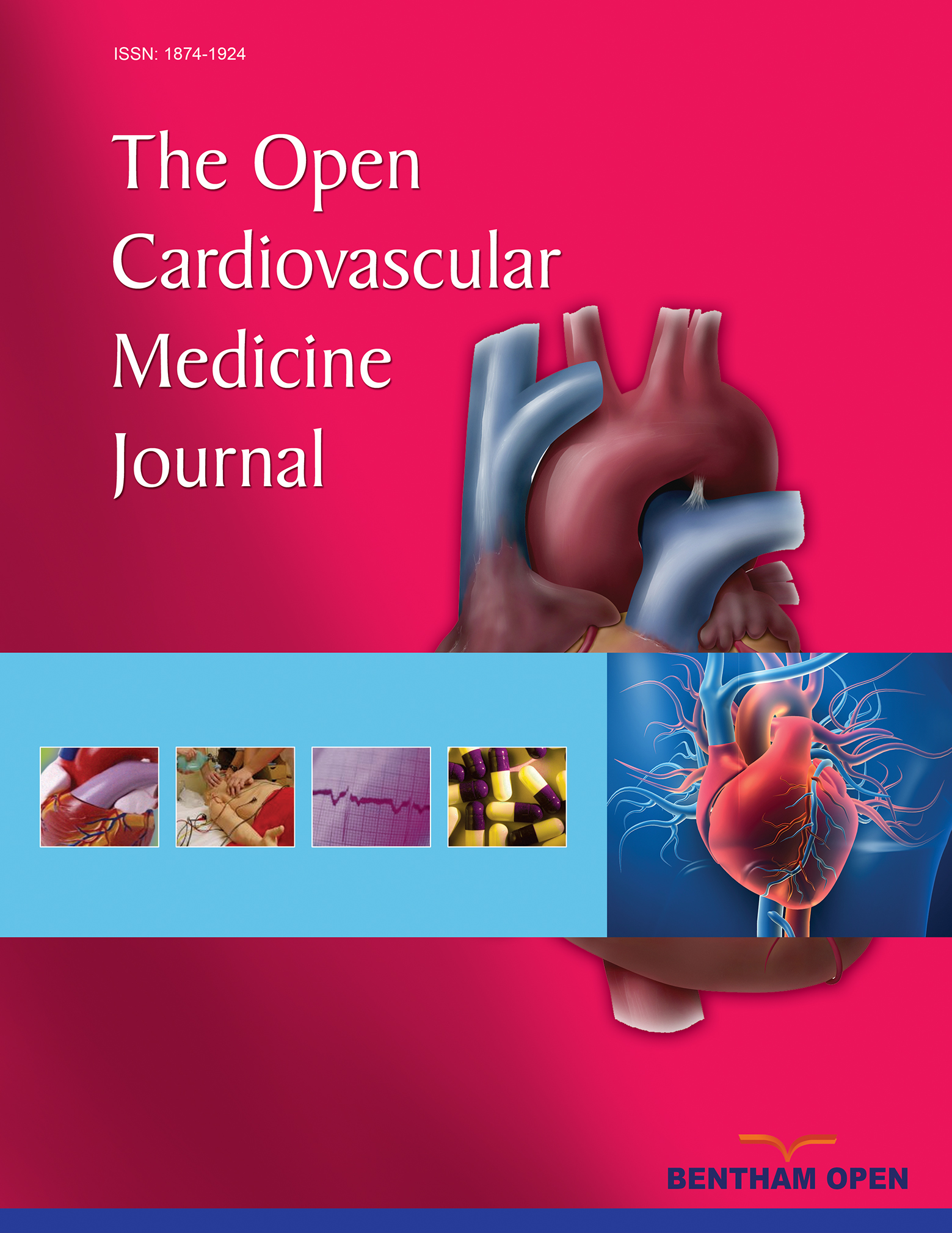All published articles of this journal are available on ScienceDirect.
Oxidative Stress As A Common Mediator for Apoptosis Induced-Cardiac Damage in Diabetic Rats
Abstract
Abstract:Aim:
To investigate the possible role of oxidative stress as a common mediator of apoptosis and cardiac damage in diabetes.
Materials and Methods:
This experimental work was conducted on 5 groups of Wistar rats. Group I was the control group. Diabetes type 1 was induced in other groups (by streptozotocin) and animals received insulin or vitamin E (300 mg /kg body weight), both insulin and vitamin E, or no treatment for 4 weeks according to their group. At the end of the study, serum and cardiac tissues were examined for biochemical parameters of cardiac function, oxidative stress and apoptosis. Electron microscopy pictures of cardiac tissue were also evaluated for signs of cardiac damage
Results:
Markers of oxidative stress, apoptosis, inflammation as well as manifestations of cardiac damage as assessed by electron microscopy were significantly decreased in rats treated with both insulin and vitamin E when compared with untreated diabetic rats or rats treated with either insulin or vitamin E alone
Conclusion:
Administration of both vitamin E and insulin was effective in reducing markers of oxidative stress and apoptosis and improving parameters of cardiac function in experiments animals. Antioxidants might prove beneficial as an adjuvant treatment in addition to insulin in type 1 diabetes associated with manifestations of cardiac complications


